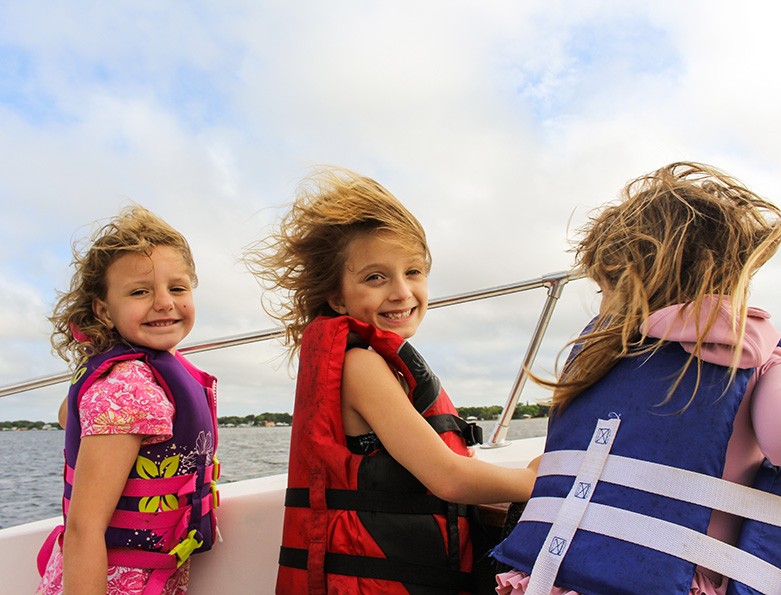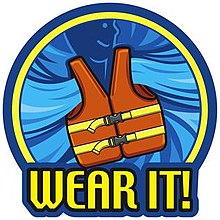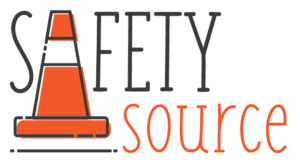The 101 days of summer begins on Memorial Day and ends after Labor Day. This is, of course, the largest vacation period of the year. The sun is shining and many people are out enjoying the water boating and swimming. The following safety tips are offered to help ensure your vacation journey is a safe and happy one.

Boating Safety
 Operating a boat requires concentrated skill and a keen sense of awareness in the boat and on water. A clear head and a responsible outlook are necessary to make a day on the water as smooth and as safe as possible.
Operating a boat requires concentrated skill and a keen sense of awareness in the boat and on water. A clear head and a responsible outlook are necessary to make a day on the water as smooth and as safe as possible.
- Don’t overload – check the boat manufacturer’s capacity plate;
- Know your boat – what it can and can’t do;
- Keep a good lookout and situational awareness of other boats and objects;
- Ensure crew and passengers wear a USCG approved personal flotation device;
- Operate at safe and legal speeds-watch your wake;
- Know and respect the weather – heed weather warnings.
- Take sufficient fuel in proper containers, know your cruising radius;
- Keep your boat shipshape; check safety equipment;
- Take necessary equipment such as fire extinguishers, signal devices and personal flotation devices;
- Secure the boat properly – stow loose objects;
- Review the boating laws and obey them;
- Never operate a boat while impaired by alcohol or drugs.
Check your local and state laws for your area for additional requirements.
Drinking Afloat: More dangerous than driving
It takes as little as four hours of exposure to sun, wind, glare, vibration, and other motion on the water to produce “boater’s hypnosis,” a kind of fatigue that slows reaction time almost as much as if a person were drunk.
Alcohol can affect your judgment, motor skills, peripheral vision, depth perception, night vision, and balance. “Tipsy” people on an unstable, moving platform like a boat run the risk of slipping on deck, stumbling down a gangway, or falling overboard. In the event of a fall overboard, alcohol may increase risk of cardiac arrest and will certainly reduce your body’s ability to stay warm in cold water. It is a well-established fact that with the very first drink, brain functions are depressed. That’s why boaters should never drink when operating a boat. Every state has strict drinking and boating laws – you can be arrested on the water.
Swimming Safety
- Always swim with a partner;
- Never allow young children to swim without adult supervision;
- Never swim when you are tired, under the influence of alcohol, drugs, or medication;
- Know and observe your swimming limitations and capabilities;
- Avoid swift-moving water. If caught in a current, swim with it and angle towards shore or the edge of the current;
- Observe warning signs;
- Stay out of the water during thunderstorms and severe weather.
Pool Security
- Use an approved safety cover and keep the pool covered when not in use;
- Never allow children access to the pool without adult supervision;
- Fence and lock your pool (consider installing a water surface tension alarm).
Diving Safety
- Always test water depth before diving;
- Never dive into rivers or other moving bodies of water;
- Keep your arms extended above your head when diving;
- If you are unable to see below the water’s surface, don’t dive.
More Water Safety Information
- National Safety Council Boating Safety TipsNational Safety Council Drowning Prevention
- Red Cross Swimming Safety Tips
- Safekids Swimming Safety Tips




Leave A Comment